Indian startup Dimension NXG is launching augmented reality headsets into India's consumer market with a bold idea: focusing on immersive computing in education on the high-end. The plan is to give a new kind of AR headset to schoolchildren in remote Indian villages, starting from class 5 (age 10) until graduation.
The education-focused headset being delivered to students, called AjnaLite, is the second in Dimension NXG's AjnaLens line-up that includes its previously-launched military headset, AjnaBolt, alongside its enterprise headset, AjnaOne, which is currently in a closed beta and set for launch early in 2020.
- Don't Miss: Apple's Education-Focused iPad Event Pushes Augmented Reality Further into the Classroom
Students can purchase the headsets through 32 distributors working with public and private schools throughout India's low-population cities. So far, the company already has 3,000 pre-sale orders ahead of AjnaLite's December launch.
It may raise a few eyebrows to see Indian schools using a high-end headset many companies would love to get their hands on. However, half of the upfront price, at around US $632 for buyers online, will be paid for by large Indian corporations thanks to an Indian rule that since 2013 requires they give 2% of their profits to education and other social causes. Students will be required to pay for the remainder of the cost.
To keep the cost low, Dimension NXG does not include all of the same optics used by well-known headsets, like Microsoft's Hololens smartglasses.
Also unlike Hololens, AjnaLite is a combination AR and VR headset. According to the company, the AR component of the headset is particularly well suited for certain teacher-led subjects, like sciences, while the VR component can be used to teach more immersive-compatible subjects like history. Partner content developers with expertise in individual school subjects will help to populate its cloud-based content platform called EduXR, though, under Indian rules, the government will set the overarching curriculum.
AjnaLite has other features designed to meet classroom needs. For example, teachers can grab the attention of their headset-wearing students using a feature called AjnaHolocast. The software is located on the laptop of a teacher who can use it to manipulate an object in 3D while multiple students look on.
"One of the biggest challenges with remote education is it is isolating, and everyone is in their own different world, but education is more collaborative," Dimension NXG co-founder Pankaj Raut told Next Reality. "This is a type of AR or VR where the teacher can control what students are looking at while everyone is in the same room, so then it becomes more collaborative."
AjnaLite is set up to work with the company's Android-based OS, with apps already installed, while developers have the option to develop content in Unity using Dimension NXG's Unity SDK.
And while the AjnaLite may look a bit like the now-discontinued AR/VR headset Meta 2, it is different: It is completely wireless. It also has a display resolution which is lower than Meta 2's 2560 x 1440 resolution display at 1920x 1080. This is an AMOLED display featuring the company's proprietary technology that uses shaders to make holograms look more real. The AjnaLite comes in two versions, one with 3 degrees of freedom for seated use and one with 6 degrees of freedom.
Globally, the Hololens is arguably the leading enterprise training headset, but AjnaLite stands out as being geared specifically for education in India. For example, to cater to the thousands of languages and dialects spoken across India it has content already translated into English, Hindi, and Marathi. Dimension NXG plans to add at least 50 languages within the next month.
In a recent interview, Microsoft's Dan Ayoub claimed using AR leads to a 60% reduction in teaching time, and noted the potential of use in distance learning. The benefits of AR in education are also touted by the US Department of Education, which a few years back hosted an accelerator to develop AR and VR education solutions.
One stumbling block for educational headsets is that use of VR for children under 13 is often discouraged by VR headset manufacturers such as Oculus, Samsung, and Sony. This is probably due to a lack of research and companies that may be overcautious because they fear legal action.
On the other hand, in Raut's view, smartphones are already being used by many children worldwide from a young age, and so children are already adapting to a form of immersive computing. Unfortunately, at this point, smartphones are relatively uncommon in India: Nationwide smartphone penetration is 24%, and in some rural places that figure plummets to around 11%.
In other words, many people in India still have no way to benefit from the AR-enhanced educational apps being pushed by Apple and Google.
Particularly for rural children, India's education system is also out of reach. Sometimes this is because schooling isn't offered in the child's language or because they don't have a ride to class, leading to problems with attendance. But Raut thinks they should get the same level of access to education as they do in other parts of the world, starting with an education that is global, AR-enhanced and interactive. This taps into the company's vision for a kind of learning that is very different. Even the word "ajna" comes from ancient Indian spiritual texts for the part of the spiritual body linked to dreaming and expanding the imagination.
Growing up in the city of Sangli, Raut decided to study mechatronics engineering at the university level, but couldn't find any courses offered in the entire country. He wound up studying in the UK, and later decided that India was ready for an education upgrade.
That feeling drove his decision to help launch Dimension NXG, which got an initial step up the ladder through the 2018 accelerator India Innovation Hub, a training partnership between Facebook and Indian-government-backed incubator T-Hub that leads to a demo day judged by Facebook executives. The accelerator funnels into Facebook's FbStart program, which offers startups free tech services and trains them to use Facebook's developer tools.
"With AnjaLite, the target market is Asia and India. This is more possible for us as a company than other markets. It is a challenge to reach the US, Latin America, and Europe because there is already enough work being done. We don't want to press there: We want to help the people here," said Raut. "We obviously want to impact people globally, but we have to start somewhere and that is why we are choosing India."
Cover image by Dimension NXG










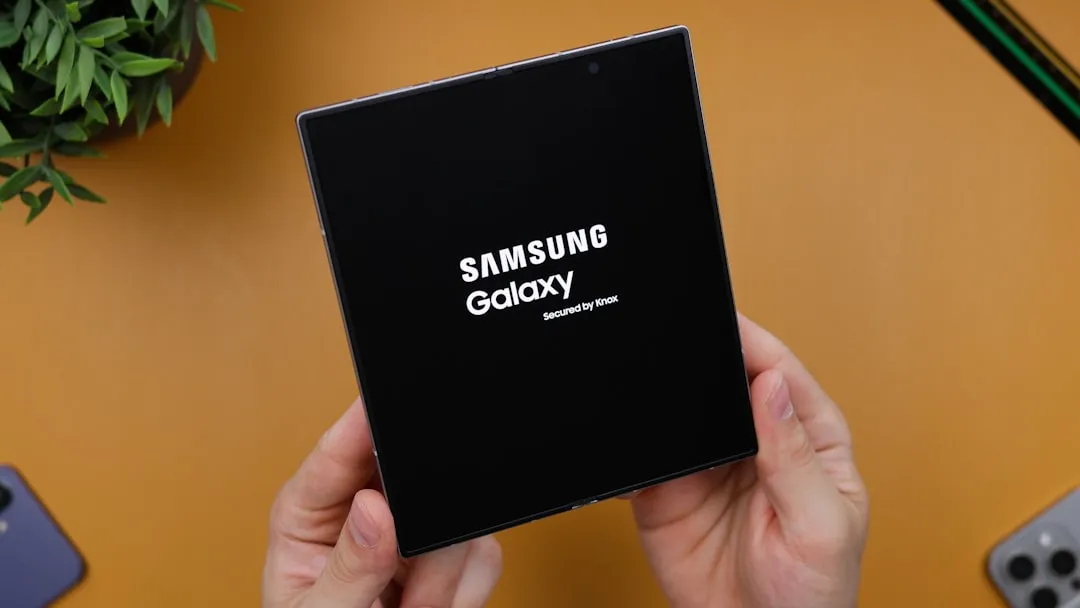





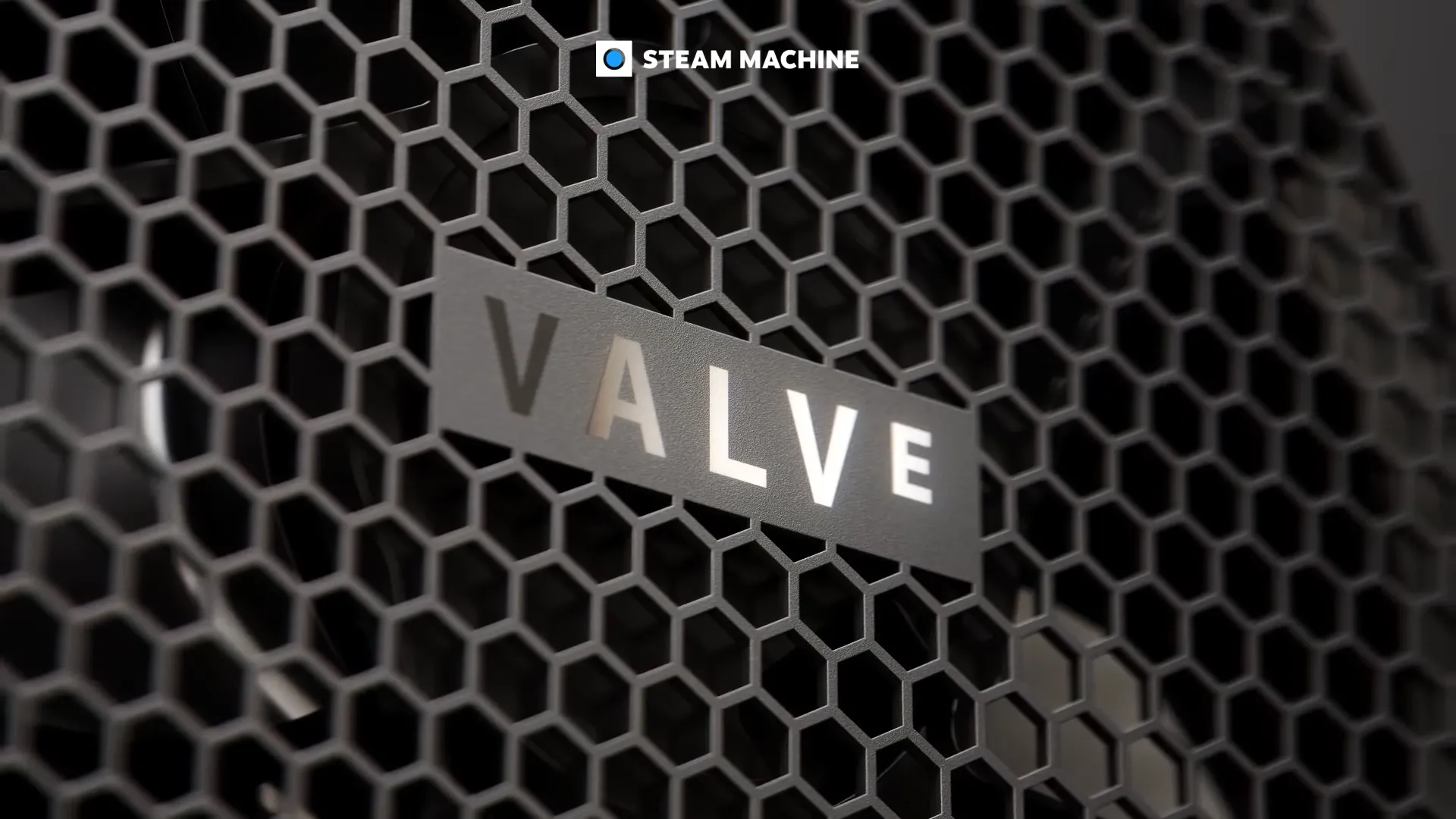
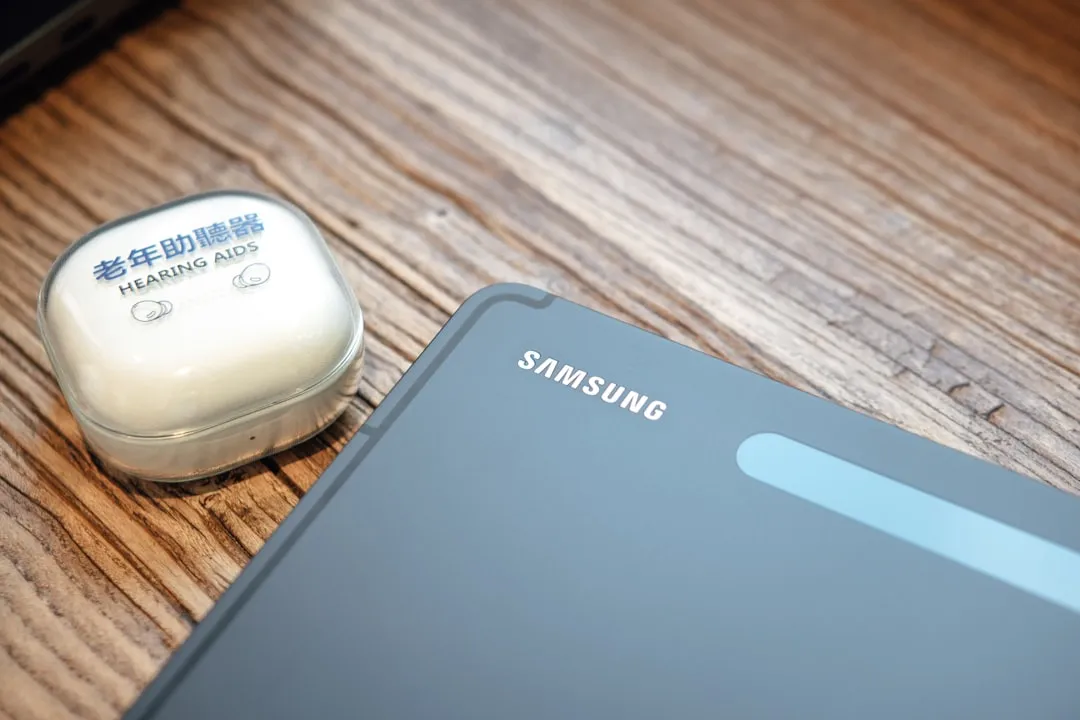



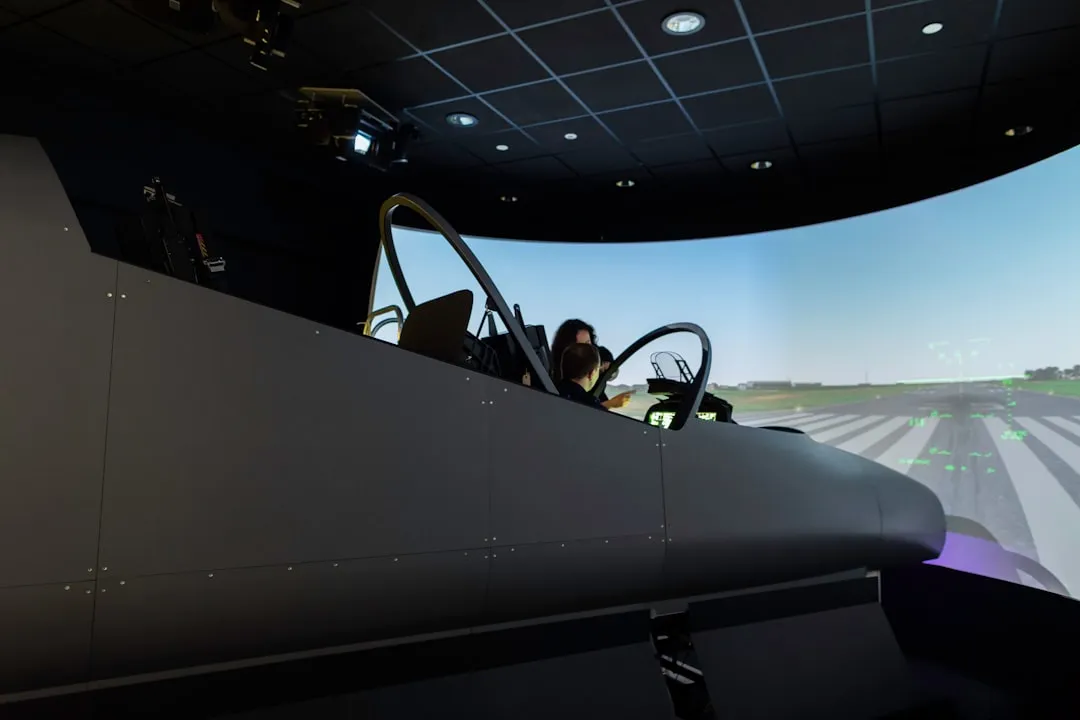


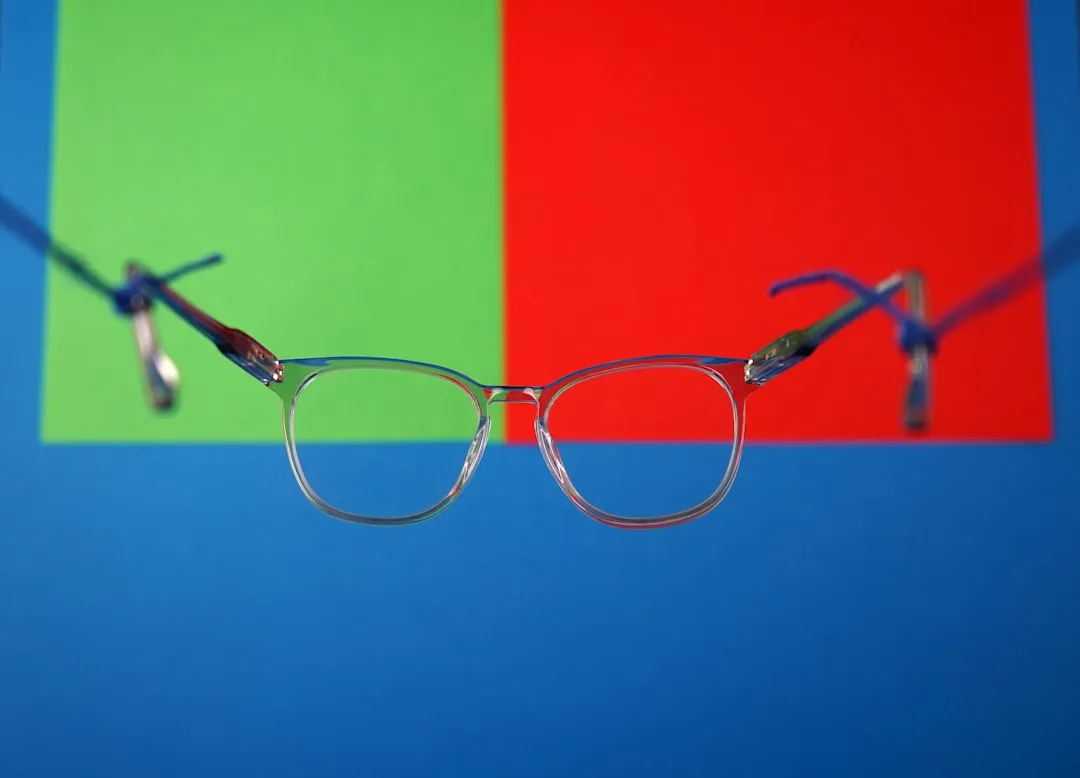



Comments
Be the first, drop a comment!